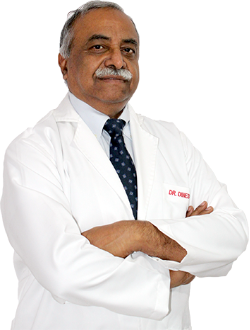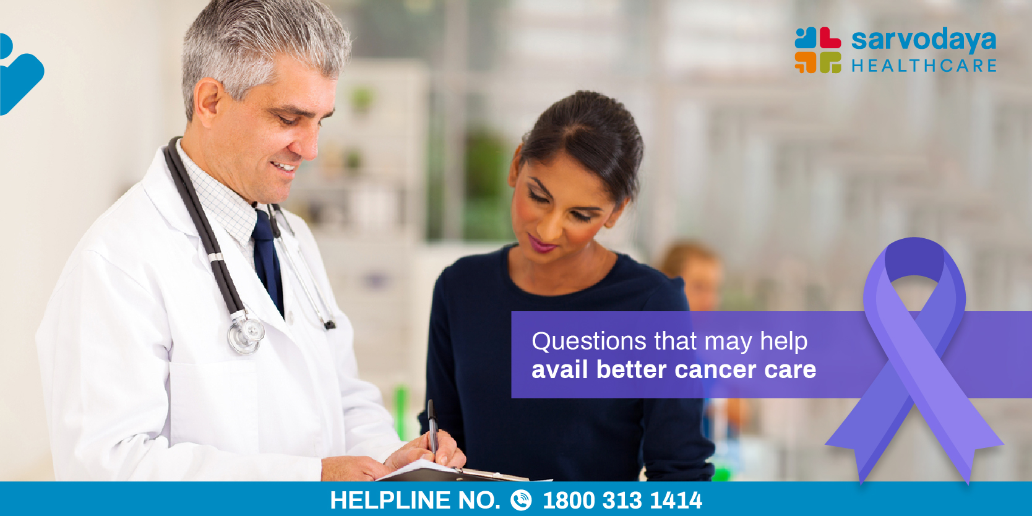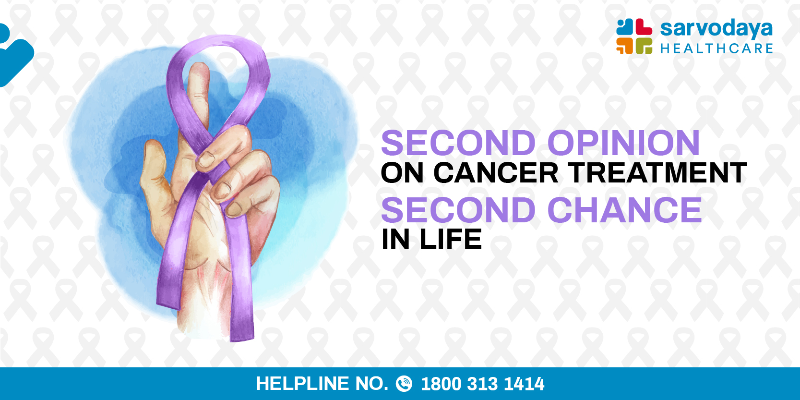You may have heard the term oncology; it deals with anything related to cancer. Cancer is a life-threatening condition and is the second leading cause of death all over the world. However, oncology has grown so advanced, expert oncologists have been able to diagnose and provide treatment for even advanced-stage cancer. Not many people know that the probability of complete eradication of the tumour increases if it is diagnosed early and more than half of all cancers are preventable.
In the following blog, we will define what medical oncology is, the causes and symptoms of cancer, when and how to find the right oncologist for you. And finally, how should you prepare for your appointment at the hospital.
What is Medical Oncology?
This part of medical science specializes in dealing with the diagnosis, management, and prevention of cancer. The treatment by a medical oncologist (MO) may involve various therapies including immunotherapy, targeted hormone therapy and chemotherapy.
They will collaborate with other physicians to develop the best treatment strategy for you.
Symptoms
Depending on what region of the body is affected, cancer can create a variety of signs and symptoms which includes: -
- Fatigue
- A lump under the skin
- Sudden weight loss or gain
- Persistent, irrational joint or muscle pain
- Unexplained bruising or bleeding
- Persistent, irrational fever at night
All these symptoms don’t necessarily mean that you have cancer, but if you experience any of these symptoms, you should not avoid it and get yourself diagnosed by a physician as soon as possible.
Causes
Cancer is caused when normal cells transform into tumour cells. This change is possible from the interaction of an individual's genetic factors and some external factors which are:
- Physical carcinogens- UV radiation and ionizing radiation
- Chemical carcinogens- Components of tobacco smoke, alcohol, asbestos, aflatoxin (food contaminant), and arsenic (water contaminant)
- Biological carcinogens- Infections from specific bacteria, viruses, or parasites.
When should you see a medical oncologist?
You may visit one after you have been diagnosed with any kind of tumor. This is typically the first step in your battle with cancer. They can assist you in understanding your diagnosis and the treatment schedule. If you have any questions regarding the treatment, you can consult a medical oncologist.
How to Find the Right Medical Oncologist?
- Talk to your primary physician - they will have a fair idea of the reliable surgeons and hospitals that can treat your condition effectively
- Talk to the patients or any family/friends who have experienced the same before as they can share their experiences and prepare you on how to deal with this condition
- Search for trusted Medical Oncology Hospital and enquire about the staff they have who will be supervising you during the assessment and treatment
- Meet the staff and discuss your condition. You can even ask about their expertise in this specialization and the number of years they have been working in the oncology department.
How to Prepare for an Appointment?
Bring all your medical documents, including copies of any imaging studies (like MRIs, CT scans, and X-rays). A list of every drug you take could be useful as well; any vitamins, supplements or herbs you might be taking as well. Bringing a member of your family or a close friend along might be beneficial. During the session, you will learn a lot, and your close one can assist you by taking notes and paying attention in case you forget anything. And having that emotional support in a loved one's presence is always a plus.
Before your appointment, make a list of all your questions. Once you're speaking with your oncologist face to face, there's a chance you won't remember. You may want to enquire:
- What are my alternatives for treatment, and when do I need to start?
- How long is the course of treatment?
- What are the treatment's potential dangers and adverse effects?
- How will the treatment change my routine or way of life?
What to expect at an oncology appointment?
You can expect your appointment to go on for a few hours if it's your first oncology appointment. The oncologist will review your medical background in detail. They might give you a general estimate of how long treatment will last. Additionally, they could provide you with a prognosis or an estimation of your therapy response. At the end of your appointment, you can be sure to receive a level of clarity on your condition and what should be your next step.
Conclusion
Getting diagnosed with cancer may create a sense of fear among the individual and their family members. However, you should be relaxed as there are various hospitals dealing with medical oncology in Faridabad. One of them is Sarvodaya Hospital, Sec-8, Faridabad, with one of the best cancer institutes with expert medical oncologists. Sarvodaya Cancer Institute provides medically advanced cancer treatment to more than 10,000 patients each year. With a team of experts from all segments of Cancer Care including Medical Oncology (Chemotherapy & Nuclear Meidicne), Bone Marrow Transplant, Radiation Oncology, Surgical Oncology, Hemato-Oncology, Integrative Oncology & Genomic Oncology; Sarvodaya Cancer Institute offers comprehensive cancer care, to help you in the fight against this deadly disease.
To know more, consult with our experts by booking an appointment today: 1800 313 1414










